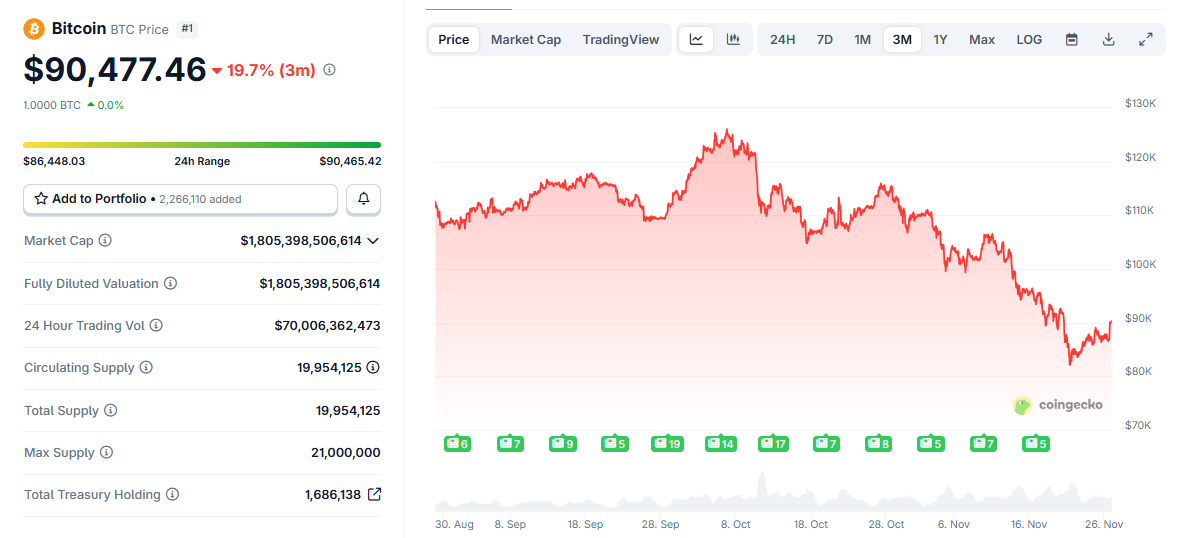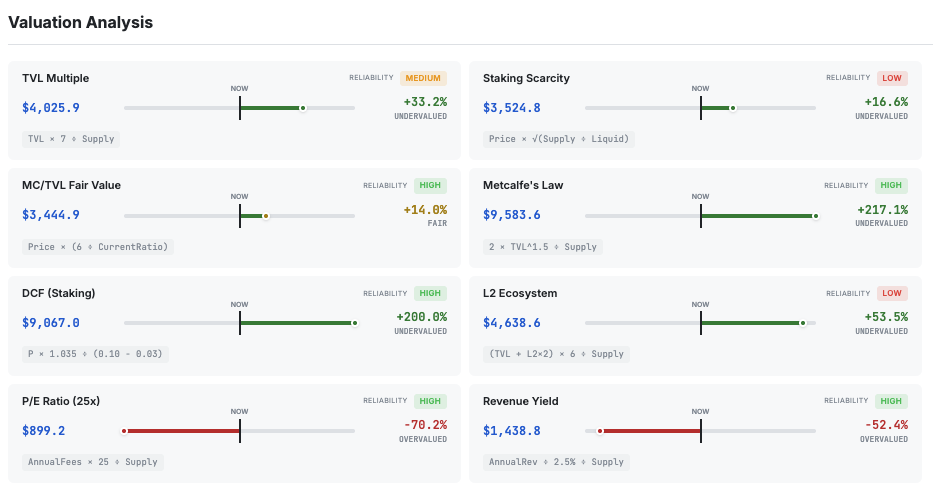Is the Increased Efficiency of Blockchain Worth Weakening Market Protections?
- WFE warns SEC against crypto exemptions for tokenized stocks, citing risks to market integrity and investor protections. - SEC under Trump proposes "innovation exemption" to let unregistered crypto firms offer blockchain-linked equity tokens. - Traditional exchanges like Nasdaq seek regulated tokenization, while WFE fears reputational harm from unlicensed platforms. - Critics highlight risks of confusing tokenized assets with real equity ownership and potential erosion of compliance standards.
The World Federation of Exchanges (WFE), which counts major exchanges such as Nasdaq and Germany's Deutsche Boerse among its members, has strongly cautioned the U.S. Securities and Exchange Commission (SEC) against providing regulatory waivers to crypto firms aiming to offer tokenized shares. In a letter dated November 21,
The WFE’s position highlights the increasing friction between established financial institutions and the digital asset industry. While the organization recognizes tokenization as a "logical step forward for capital markets," it maintains that such advancements should be pursued within current regulatory boundaries, not through unregulated entities
Nonetheless, critics point to considerable dangers. James Auliffe, who leads the WFE’s technology working group, remarked that equity markets are already "highly efficient," and that shifting to blockchain-based systems might not justify the associated costs
The outcome of this debate is crucial for both regulators and investors. Should the SEC approve the exemption, crypto exchanges could go head-to-head with established exchanges and brokers that are subject to more rigorous compliance standards
As the SEC considers its decision, the WFE’s letter brings a central issue to the forefront: Do the advantages of blockchain technology outweigh the potential loss of established investor protections? For now, the regulatory environment is unsettled, and the decision will likely have a lasting impact on how equities are traded in the United States.
Disclaimer: The content of this article solely reflects the author's opinion and does not represent the platform in any capacity. This article is not intended to serve as a reference for making investment decisions.
You may also like
Bitcoin’s 2024 Cycle Mirrors Past Halvings as Price Climbs to $87K
Crypto Surge Alert: 5 Coins Poised to Explode in 2026
Are Digital Asset Treasuries (DATs) Just a Fading Fad?

Hashed’s Simon Kim Says Ethereum Is 57% Undervalued
